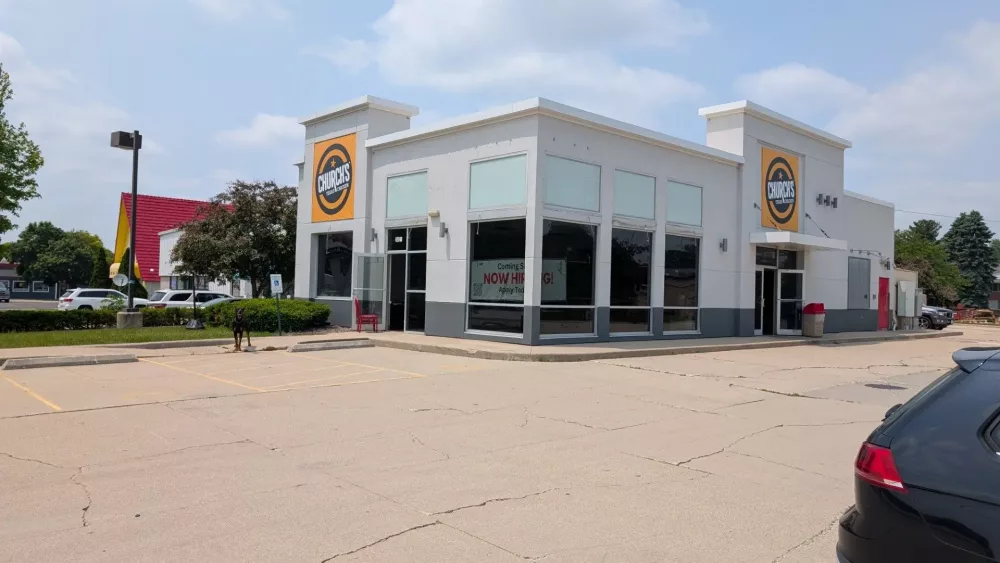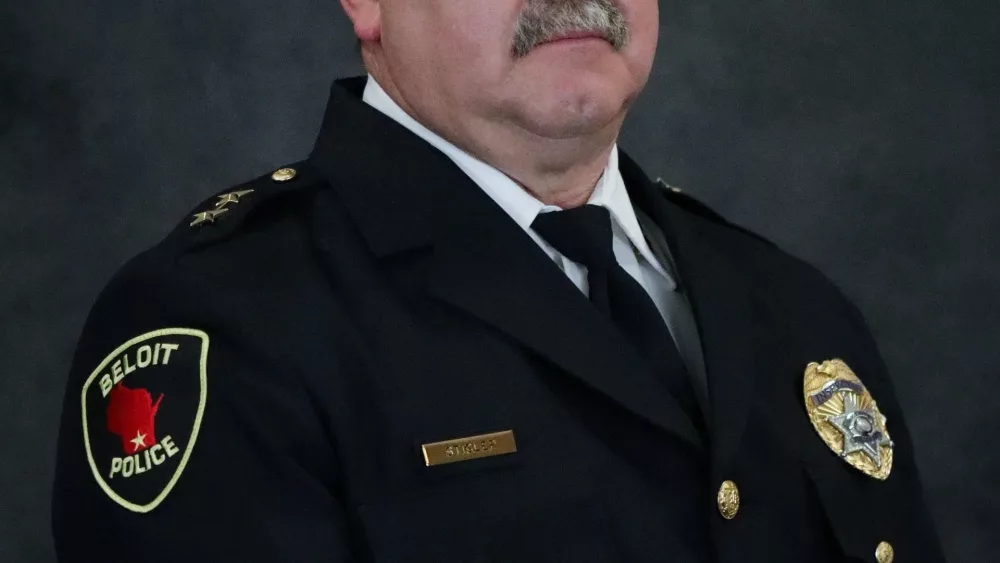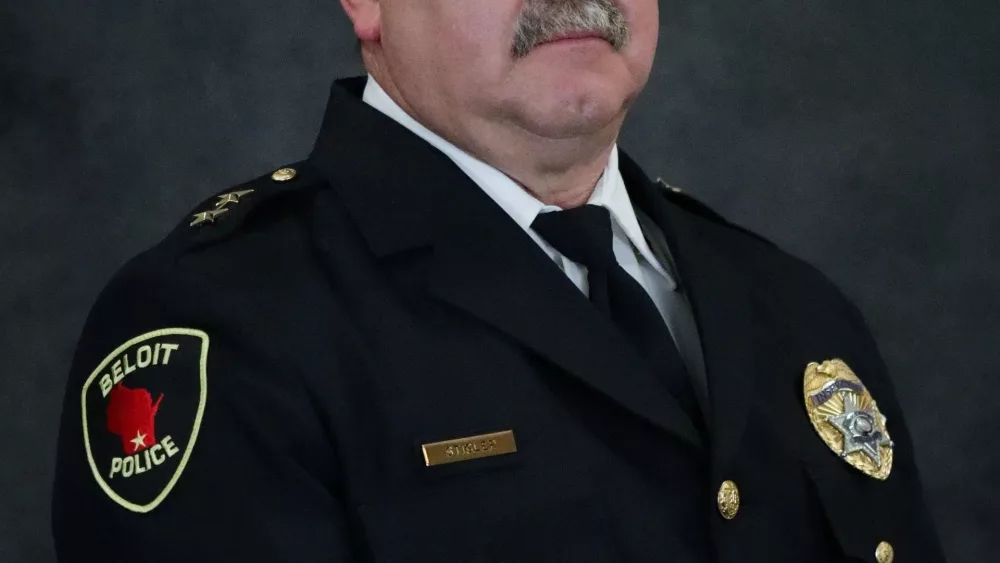The Humane Society announces that adoptions grew by over 20% in 2015 and have nearly doubled since 2013. In 2015 euthanasia was also cut in half to just over 9% thus qualifying the Humane Society as being “no-kill” by national industry standards. Perhaps most amazingly, the Humane Society has made good on its promise to achieve these successes without sacrificing the affordability of its services with no increases in the costs of adoptions, reclaims, or even municipal stray-hold contracts.
Also in 2015 the Humane Society saw volunteers donate more than 20,000 hours to the shelter. Perhaps most impressive is that the Humane Society went from having no foster program at all in 2014 to becoming the largest foster network in Rock County and the Stateline area with more than 600 animals helped in 2015 alone.
Euthanasia was cut in half in just one year and the shelter is most proud of one accomplishment that they set out to achieve at the beginning of 2015 – for the entire year the Humane Society of Southern Wisconsin did not have to euthanize a single kitten because it was unweaned and had no mother. Those kittens are routinely euthanized at many animal shelters because they are at such a high risk of sickness and death in a shelter environment. Fostering programs are the best alternative to decrease (or, in the cast of this shelter, eliminate) kitten euthanasia and keep those kittens healthy until they can be adopted into safe and loving homes.
The Humane Society of Southern Wisconsin will be publishing its first ever annual report in April at the Society’s Annual Meeting, but Executive Director Brett Frazier wanted to give the community a sneak peek at the successes of the past year. “People ask me how we’ve made such a fundamental change at the Humane Society in such a short period of time. It’s a team effort. I came to an organization three years ago that was missing vision. It was missing leadership. It was not lacking in people who cared about lost and homeless pets and, more than anything, what we’ve done is welcomed those caring people and channeled their passion and willingness to help into that vision and direction.” He continued, “It’s the community, our staff, our volunteers and our Board that has made this difference. I’m proud to be a part of it.”
Frazier does admit that all the positive mission success is a little ahead of schedule from what he expected when he signed on nearly three years ago and believes that the successes of the shelter are creating a culture at the Humane Society that will continue to exist for years to come.











